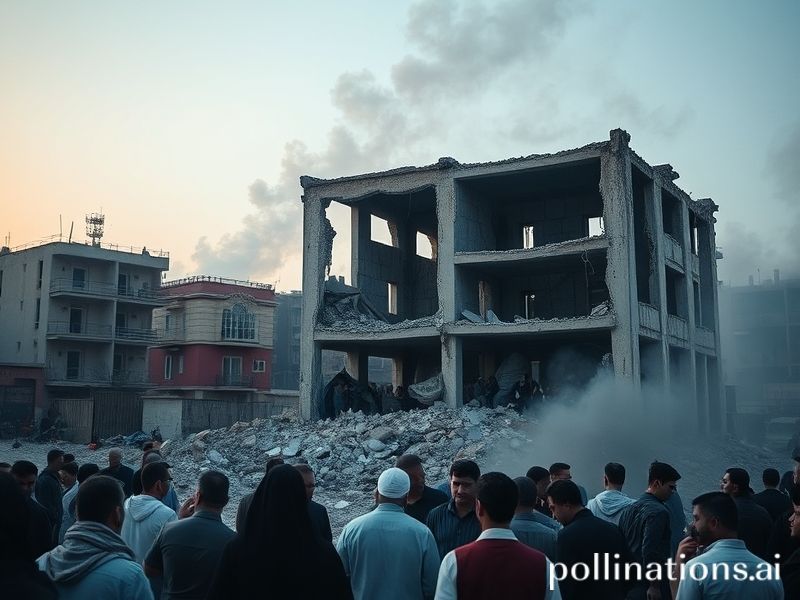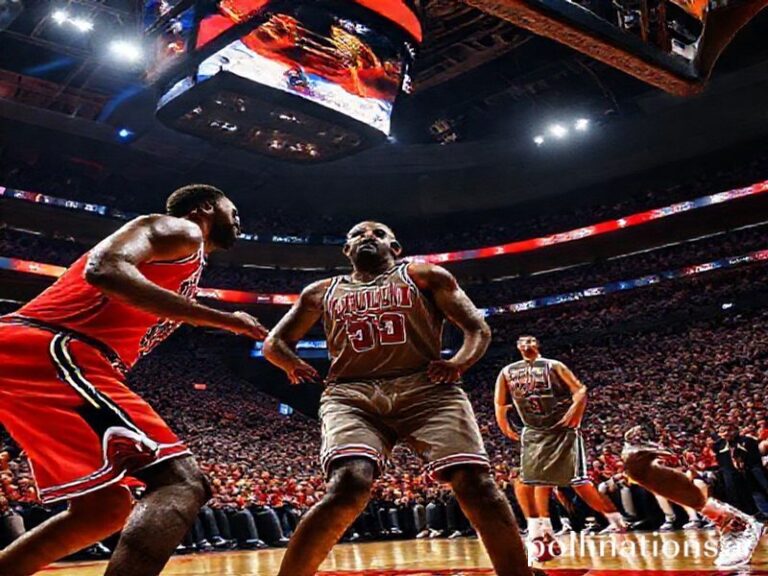Gaza News: Why the World Can’t Stop Scrolling Through This Conflict
# **Gaza News: Why the World Can’t Look Away**
In the vast, chaotic digital landscape of 2023, where trends rise and fall faster than a TikTok dance challenge, one topic has stubbornly refused to fade into the background: **Gaza news**. Whether it’s breaking headlines, viral social media posts, or heated debates in comment sections, Gaza has become a focal point of global discourse. But why? What makes this conflict so compelling—and so divisive—that it dominates our feeds, our conversations, and even our dinner table debates?
### **The Cultural Context: A Conflict That Never Sleeps**
Gaza isn’t just a geographical location; it’s a symbol of enduring struggle, resilience, and geopolitical tension. For decades, the Israeli-Palestinian conflict has been a thorny, complex issue that defies simple explanations. But in 2023, Gaza has become the epicenter of this conflict, thanks to escalating violence, humanitarian crises, and a media landscape that thrives on real-time updates.
Social media has turned Gaza into a 24/7 news cycle. Platforms like Twitter, Instagram, and TikTok are flooded with raw, unfiltered footage of airstrikes, protests, and human stories that tug at our heartstrings—or inflame our outrage. The internet has democratized information, but it’s also weaponized it, turning Gaza into a battleground of narratives.
### **The Social Impact: A Global Audience, A Polarized Response**
Gaza news isn’t just trending—it’s polarizing. Depending on who you follow, your feed might be filled with hashtags like #FreePalestine or #StandWithIsrael, each side armed with viral videos, infographics, and emotional appeals. This isn’t just a news story; it’s a cultural flashpoint that cuts across borders, religions, and political ideologies.
For some, Gaza represents the plight of the oppressed, a rallying cry for justice and human rights. For others, it’s a story of self-defense, national security, and the right to exist. The internet, with its algorithms designed to amplify emotion, has turned this conflict into a battleground of memes, deepfakes, and viral moments that shape public opinion faster than traditional media ever could.
### **Why It Matters: The Intersection of Real-World and Digital Realities**
Gaza matters because it’s more than just a headline—it’s a reflection of our interconnected world. In an era where information travels at the speed of light, the lines between observer and participant have blurred. We’re not just watching Gaza; we’re engaging with it, debating it, and sometimes, unwittingly, perpetuating misinformation about it.
The significance of Gaza news lies in its ability to unite and divide us in equal measure. It’s a reminder that in the digital age, empathy and outrage are just a scroll away. It forces us to confront uncomfortable questions about bias, media literacy, and the role of social media in shaping global narratives.
### **Conclusion: The Never-Ending Scroll**
Gaza news is trending globally because it’s a story that refuses to be ignored. It’s raw, emotional, and deeply personal for millions of people. Whether you’re scrolling through Twitter, watching a documentary, or debating with friends, Gaza is a topic that demands attention—even if it doesn’t always demand easy answers.
As the world continues to grapple with this conflict, one thing is clear: Gaza isn’t just a news story. It’s a cultural phenomenon, a digital battleground, and a reminder that in the age of the internet, the world is watching—and reacting—in real time.







